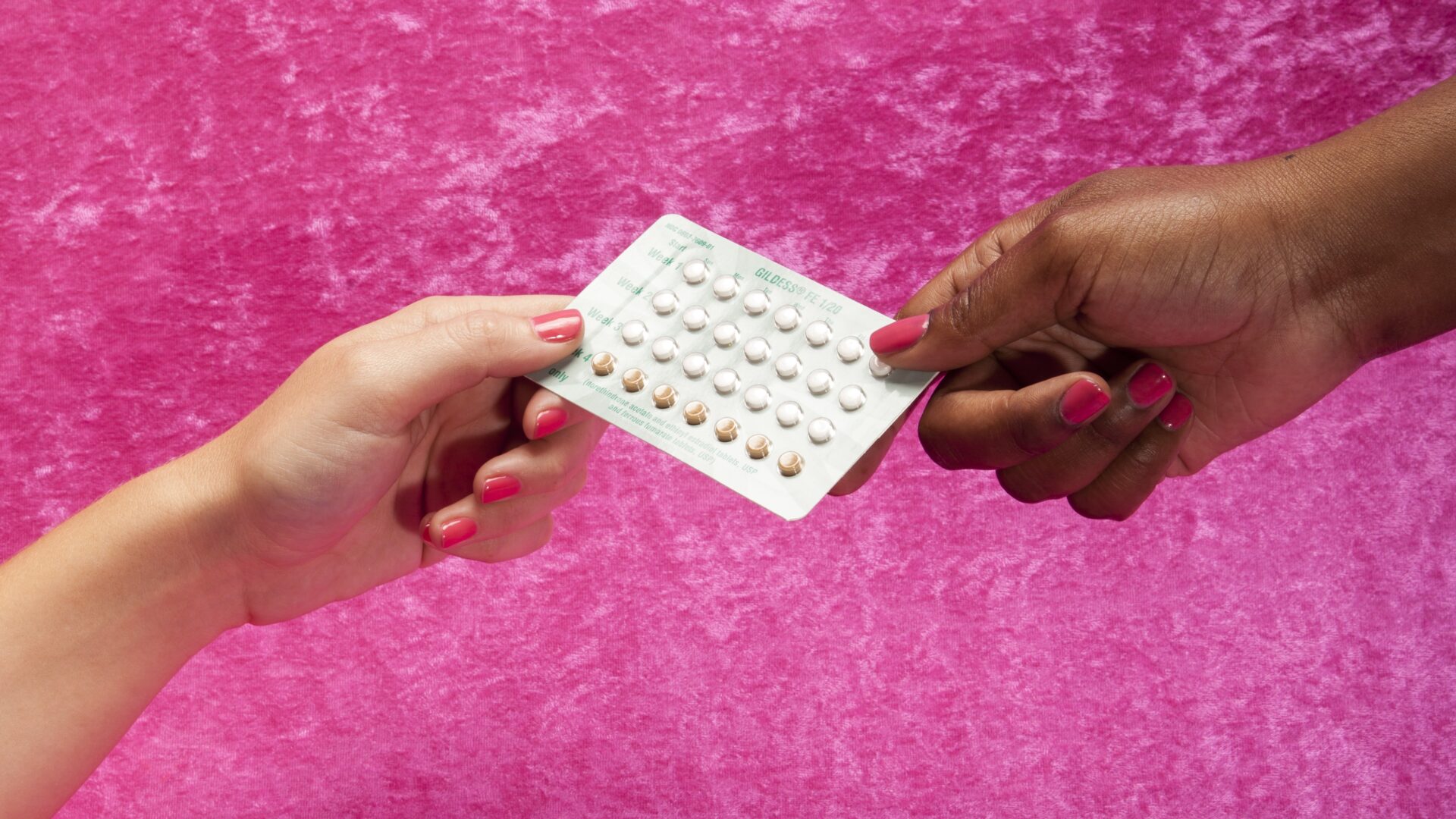Over-the-Counter Birth Control: Redefining Reproductive Healthcare After Roe

Table of Contents
Increased Accessibility and Affordability of Birth Control
One of the most significant advantages of OTC birth control is the dramatic increase in accessibility and affordability. Previously, obtaining prescription birth control often involved costly doctor's visits, insurance hurdles, and potential delays. OTC options eliminate these barriers, making birth control significantly more convenient and less expensive for many.
This shift has the potential to dramatically impact underserved communities, including low-income individuals, those in rural areas with limited healthcare access, and individuals lacking health insurance. The reduced cost and increased convenience directly address long-standing inequities in access to reproductive healthcare.
- Reduced cost of obtaining birth control: No more co-pays or prescription fees.
- Elimination of insurance limitations: Access is no longer dependent on insurance coverage.
- Improved access for low-income individuals and those in rural areas: Geographic and financial barriers are significantly lowered.
- Greater convenience and privacy: Purchasing birth control becomes as simple as buying other personal care items.
Types of Over-the-Counter Birth Control Options
Currently, several readily available OTC birth control methods exist, offering various levels of effectiveness and convenience. These include:
-
Condoms (male and female): Condoms remain a highly accessible and affordable option. While their effectiveness depends on proper and consistent use (around 85% for male condoms, slightly lower for female condoms), they also offer protection against sexually transmitted infections (STIs). They are readily available in most pharmacies and convenience stores.
-
Emergency contraception (Plan B): Also known as the "morning-after pill," Plan B is an effective way to prevent pregnancy after unprotected sex. Its effectiveness is highest when taken within 72 hours of intercourse, but it can still be effective up to 5 days later. However, it is crucial to understand that Plan B is not a substitute for regular birth control.
-
Potential future OTC hormonal contraceptives: Research is ongoing to explore the possibility of making hormonal contraceptives like the pill or patch available over the counter. The approval and availability of these options would represent a major advancement in accessible birth control. This could significantly improve access for individuals who might otherwise struggle to obtain a prescription.
Addressing Concerns and Misconceptions about OTC Birth Control
While the increased accessibility of OTC birth control is a positive development, it's essential to address potential concerns and misconceptions. Some worry about self-medication and responsible use. However, increased access to information and education is vital to mitigate these concerns. Pharmacists play a key role in providing counseling, answering questions, and ensuring responsible use of these products.
- Importance of patient education and understanding of risks and benefits: Clear and readily available information is critical.
- The role of pharmacists in providing counseling and answering questions: Pharmacists act as a critical point of contact for guidance.
- Addressing concerns about misuse and potential side effects: Open communication and education can prevent misuse.
- Debunking myths surrounding OTC birth control effectiveness: Accurate information combats misinformation.
The Impact of OTC Birth Control on Public Health
The widespread availability of OTC birth control is projected to have a significant positive impact on public health. Increased access to effective birth control is expected to:
- Reduce rates of unintended pregnancies: This directly reduces the strain on healthcare systems and minimizes the associated risks for women and infants.
- Improve maternal and infant health: Fewer unintended pregnancies translate to healthier mothers and babies.
- Lower healthcare costs associated with pregnancy complications: Preventing unintended pregnancies saves significant healthcare resources.
- Potential impact on reducing healthcare disparities: Greater access can help level the playing field in reproductive healthcare.
The Future of Over-the-Counter Birth Control and Reproductive Healthcare
In conclusion, the expansion of over-the-counter birth control options offers significant benefits: increased accessibility, affordability, and improved public health outcomes. The availability of affordable birth control options is particularly crucial in the post-Roe landscape, where access to reproductive healthcare is more contested than ever. To secure reproductive rights and ensure equitable access to healthcare, it is imperative to continue advocating for policies that expand access to over-the-counter birth control and other forms of reproductive healthcare. Learn more about available OTC birth control options, discuss your needs with a healthcare provider, and advocate for policies that support comprehensive reproductive healthcare access.

Featured Posts
-
 Campaigners Deep Concern Over Police Accountability Review
May 01, 2025
Campaigners Deep Concern Over Police Accountability Review
May 01, 2025 -
 Grote Stroomstoring Breda 30 000 Huishoudens Zonder Stroom
May 01, 2025
Grote Stroomstoring Breda 30 000 Huishoudens Zonder Stroom
May 01, 2025 -
 Xrp Price Prediction Will Xrp Hit 5 After Sec Lawsuit Dismissal
May 01, 2025
Xrp Price Prediction Will Xrp Hit 5 After Sec Lawsuit Dismissal
May 01, 2025 -
 Tv Dallas Star Dies Another 80s Soap Legend Lost
May 01, 2025
Tv Dallas Star Dies Another 80s Soap Legend Lost
May 01, 2025 -
 Extra Inning Heroics Lift Guardians Past Royals
May 01, 2025
Extra Inning Heroics Lift Guardians Past Royals
May 01, 2025
